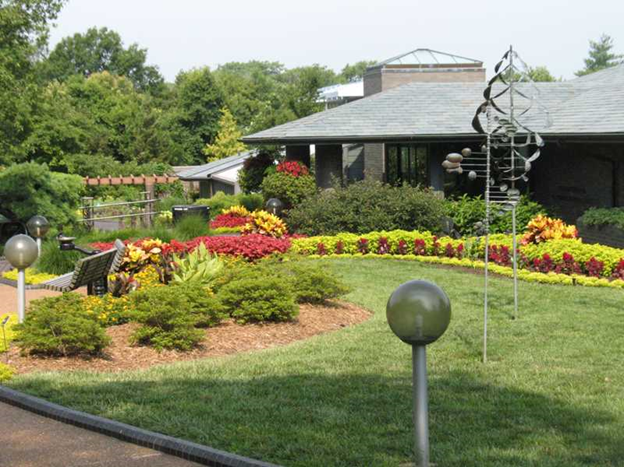7 Essential Tips for a Novice Gardener
Gardening is a rather amazing hobby for people in various parts of the world. This occupation may seem very difficult and complicated for beginners, but as soon as they get involved in the process, everything becomes much easier. If you have a plot of land, you may either have bought a house, or your grandmother left you an old summer cottage. In your dreams, you can already see a nice and well-kept garden with many trees and flower beds.
Over time, your dreams will become true, but you need to work hard for this. You may think that you only need to buy seeds, throw them into the ground, and expect a good crop. Actually, gardening, like any other occupation, has some specific rules you should observe. In this way, you can buy a college paper instead of racking your brains.
Take a look at some useful tips that can bring valuable benefits to a novice gardener.
1.Do Not Hurry Up
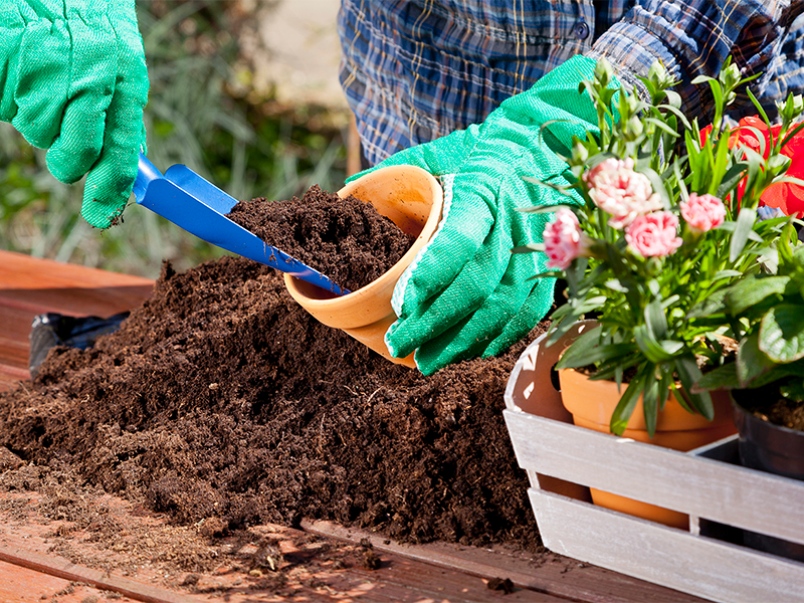
You can’t achieve everything at once. Creating your little heaven will take time. If you have become a happy owner of a cottage or a house with a land plot attached to it, you should not rush things up. Plants could remain on your site from the previous owner. A determining factor is the presence of roots of nearby trees and shrubs. If a gardener notices too many plant roots in this area, they should move their garden to another place. Some gardens may require you to do some digging and rehabilitation work.
2.Selecting the Right Place
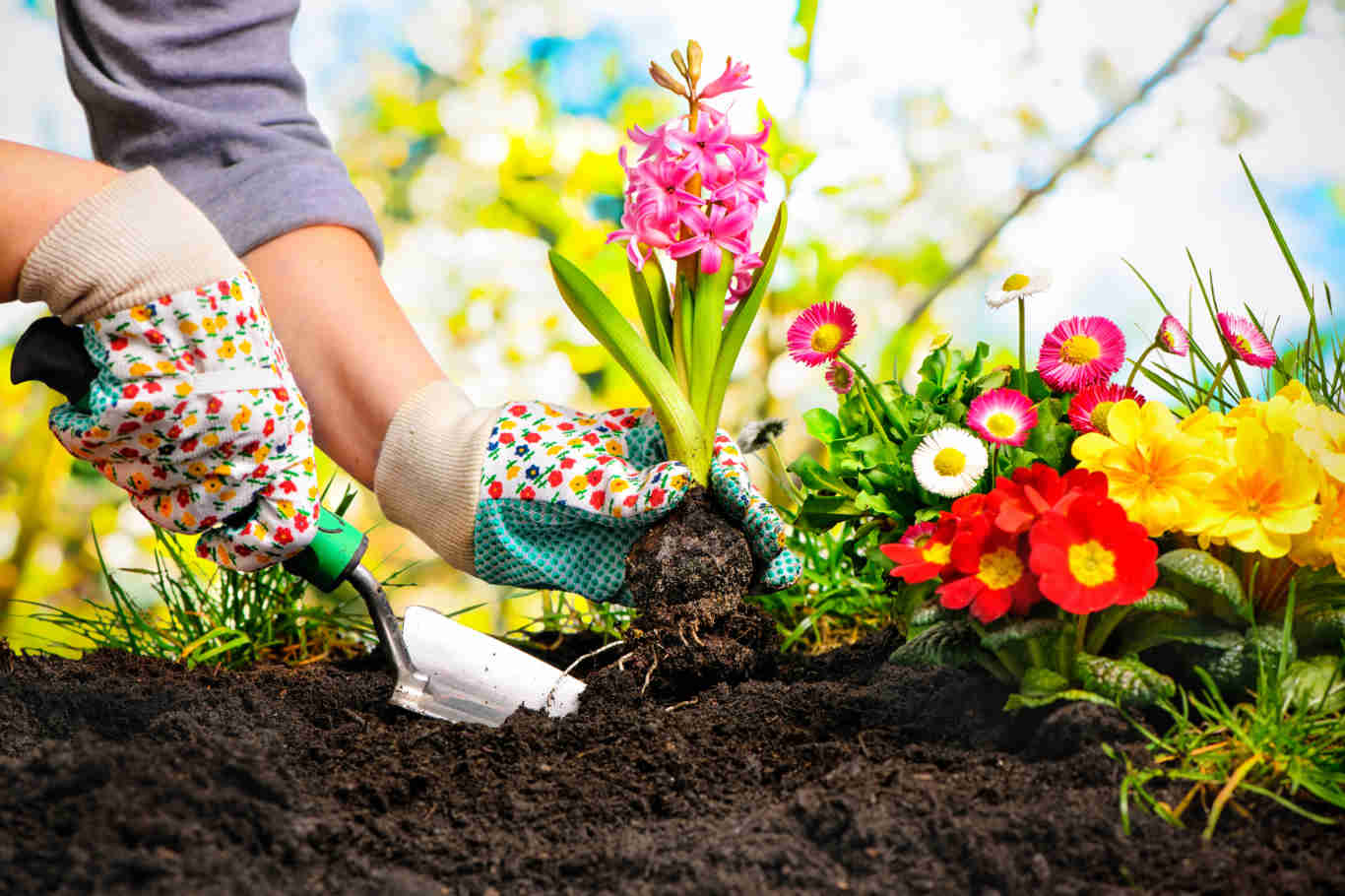
The starting point should be the location of your garden. It can be not only outdoors but also indoors — after all, plants can grow almost everywhere. The garden size is another important factor because it is easier to start with a limited number of plants in a small area. Before you get down to work, you should think about how to split your garden into a recreation area, playground for children, flower beds or a small pool.
Carefully analyze all specific features of plants. First of all, they should get a sufficient amount of water and sunlight. Higher plants should be moved to the back of the garden, while lower ones should be planted in the front so that some of them do not block sunlight to others. Also, take into account the flowering period of plants to help your garden look great in any season.
3.Drawing a Plan
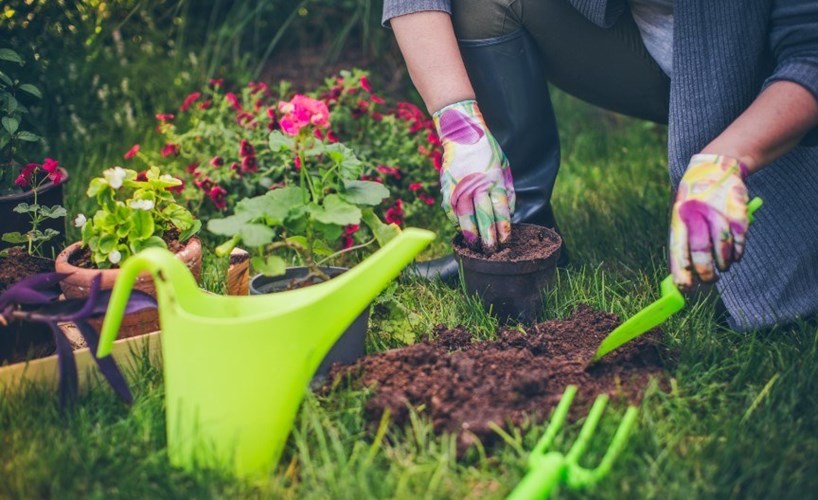
Once the place of the future garden is determined and all plants are selected, you can make a plan. A plan should help a gardener quickly understand what, where, and how they should do. Just like the majority of novice gardeners, you will probably start without a definite plan in mind. Most likely, you will often change the location of your plants. Many beginners start in this way. However, it is essential to draw up a plan for the entire plot first.
4.Doing Garden Work Personally or Hiring Experts?
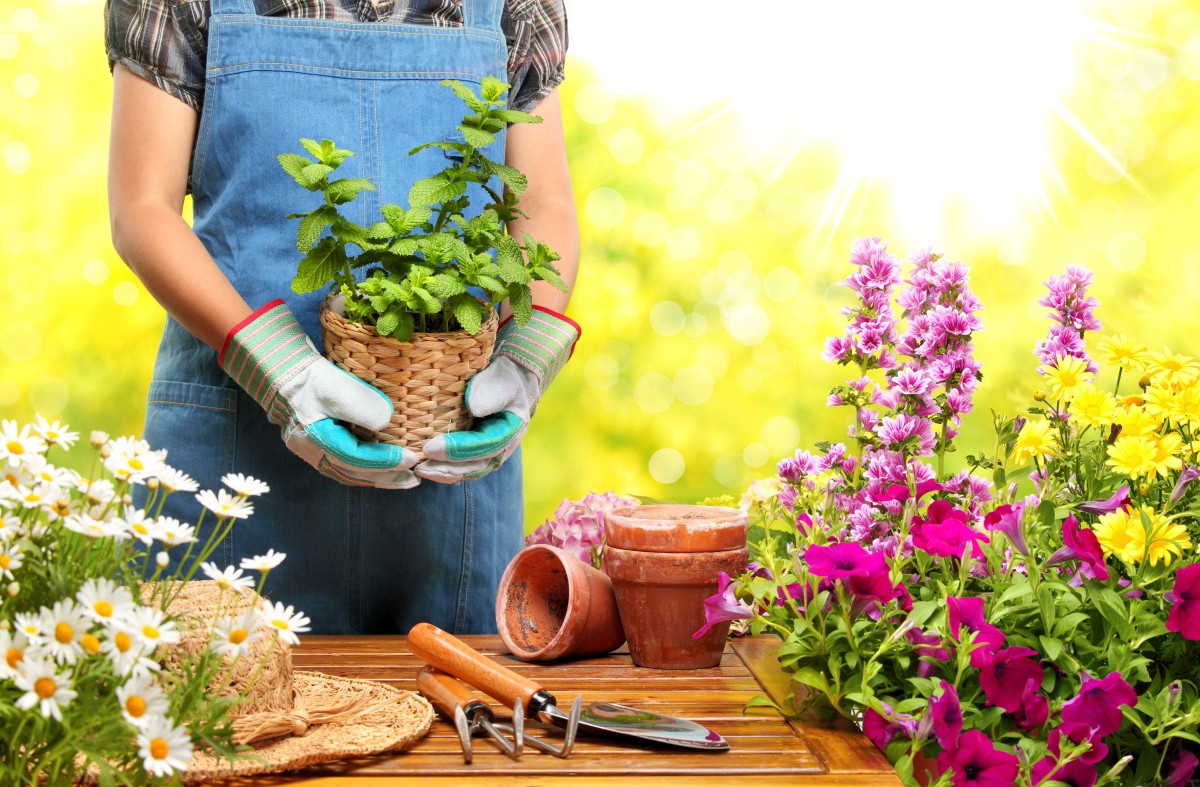
It is a matter of the right balance of time, knowledge, and money. Making a garden perfect only with your hands is a dream of many owners. Someone prefers to hire professionals — garden and landscape designers. Also, it is worth asking for advice of a local garden center or a plant nursery. They know everything about climate, soil, and plant needs. Buying plants without first consultations with experts can be a costly venture.
Feel free to ask your neighbors for help or offer them to jointly purchase expensive machines. You can exchange seeds and bulbs of plants with friends and neighbors. And do not forget to invite them to a garden party as a token of your appreciation.
5.Purchasing Garden Tools
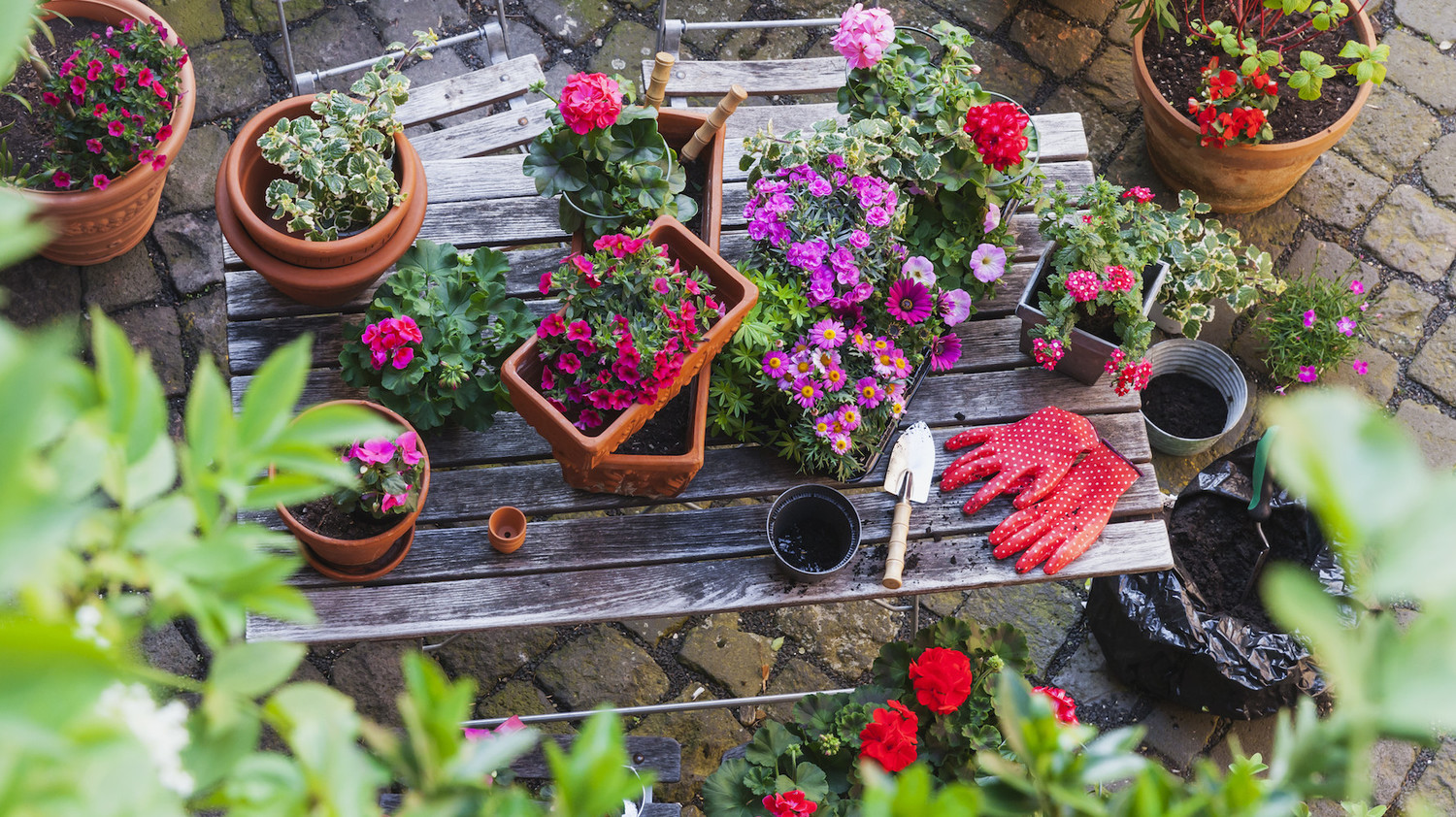
Another important thing is buying the necessary tools for digging, raking, and loosening the ground. Garden tools should be used for more than one season, so it’s best to buy only reliable equipment and materials. Their high quality will surely pay off. The basic kit of tools and appliances for a novice gardener includes a shovel for digging, rake, hoe, grass-cutter, shears, lopper, hoses, and sprinklers for watering.
Over time, you may decide to buy a variety of other tools because they can save your time and effort. Ordinary tools often have their electrical versions which can let you quickly and easily cope with the monotonous work in the garden.
6.Irrigation and Watering
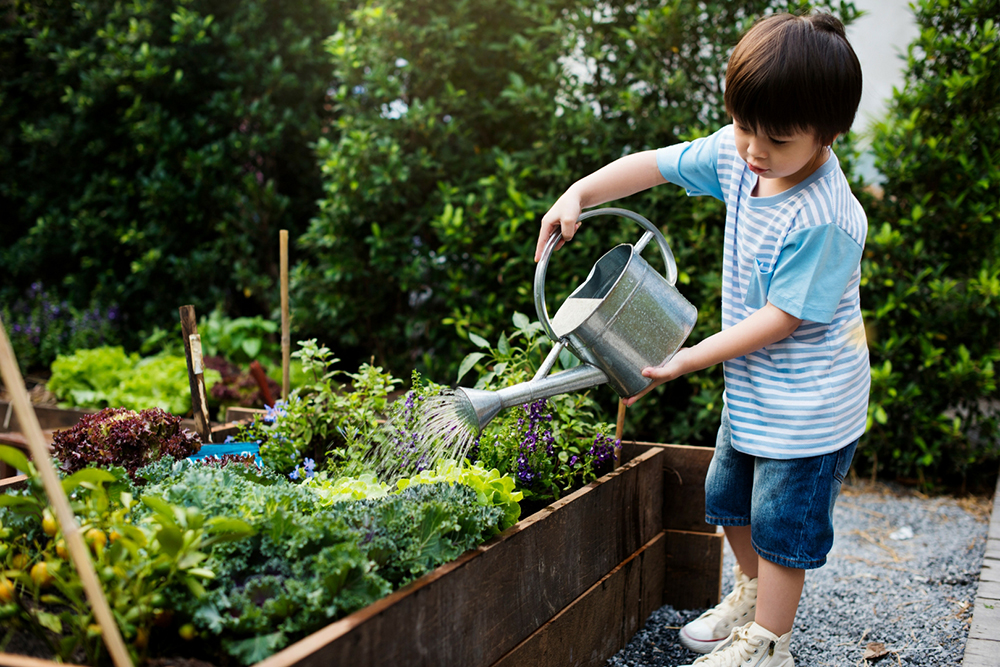
Plants will not bloom abundantly on dry, depleted, and nutrient-poor soil. If a garden is outdoors, the soil type and its structure should be taken into consideration. And it may need some correction before you plant something. A beginner gardener should observe how the soil reacts to the water. Plants grow well in moist soil but with good drainage. It means that the ground has to hold moisture without becoming too wet. The ideal garden soil is similar to a crumbly chocolate cake — it is easier to dig it in this case.
7.Sowing Seeds
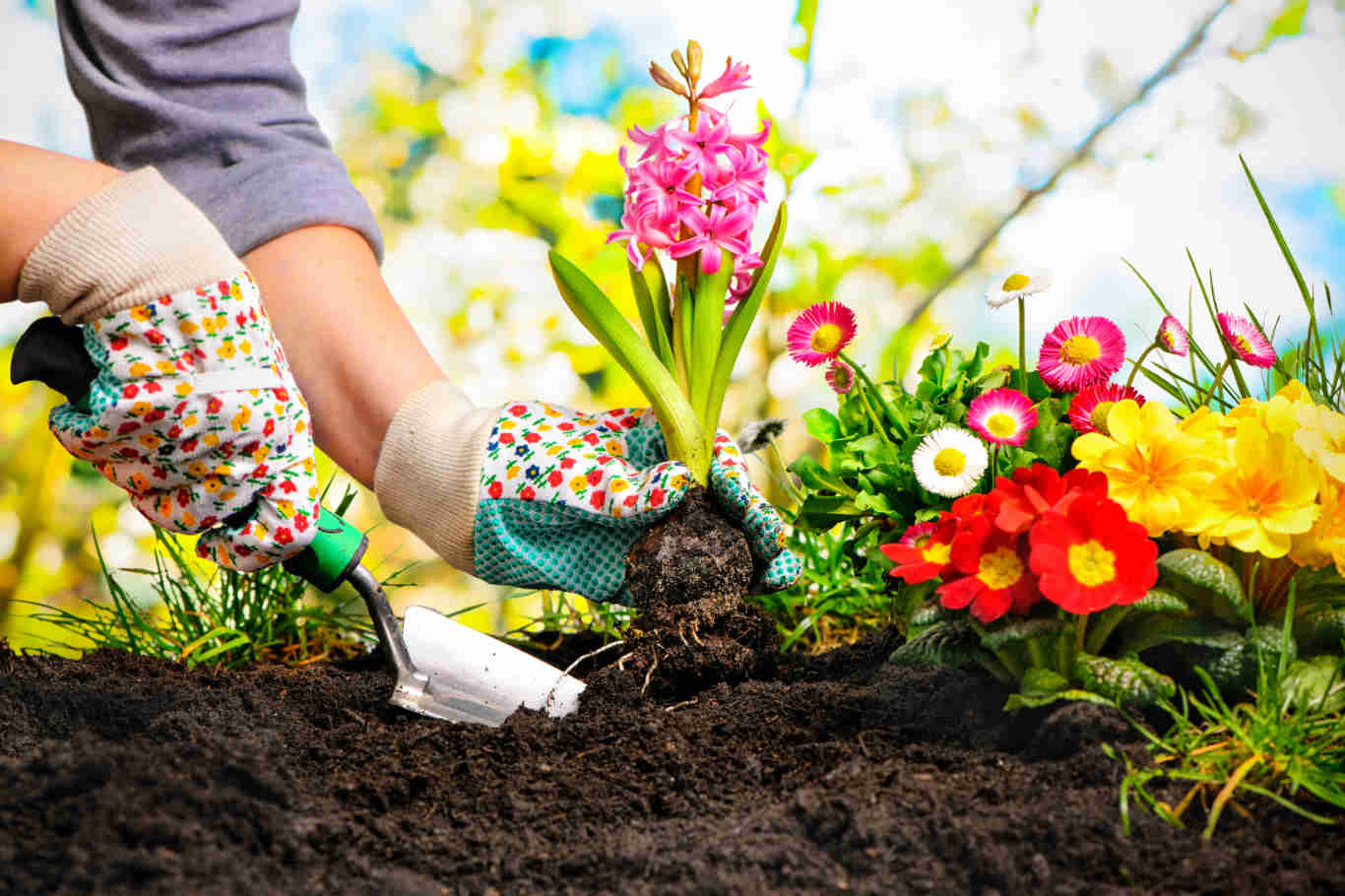
After you decided on what and where to plant, you need to start sowing. Keep in mind that each plant has its own peculiarities. The easiest way for a novice gardener is to start with annual species. They are widespread and very easy to plant. If you follow simple instructions about lighting, free space, watering, and fertilizing, you will definitely succeed.
Also, bear in mind that many annual plants become perennial in a warmer climate. Annual flowers are ideal for filling empty place, while perennial ones have not yet grown. Also, they are suitable for newbies since you can get valuable experience in treating plants.
Hopefully, these tips will help a novice gardener achieve their initial goals. With each year, you will gain more experience and make your garden pleasing to the eye. Good luck, novice gardener!
